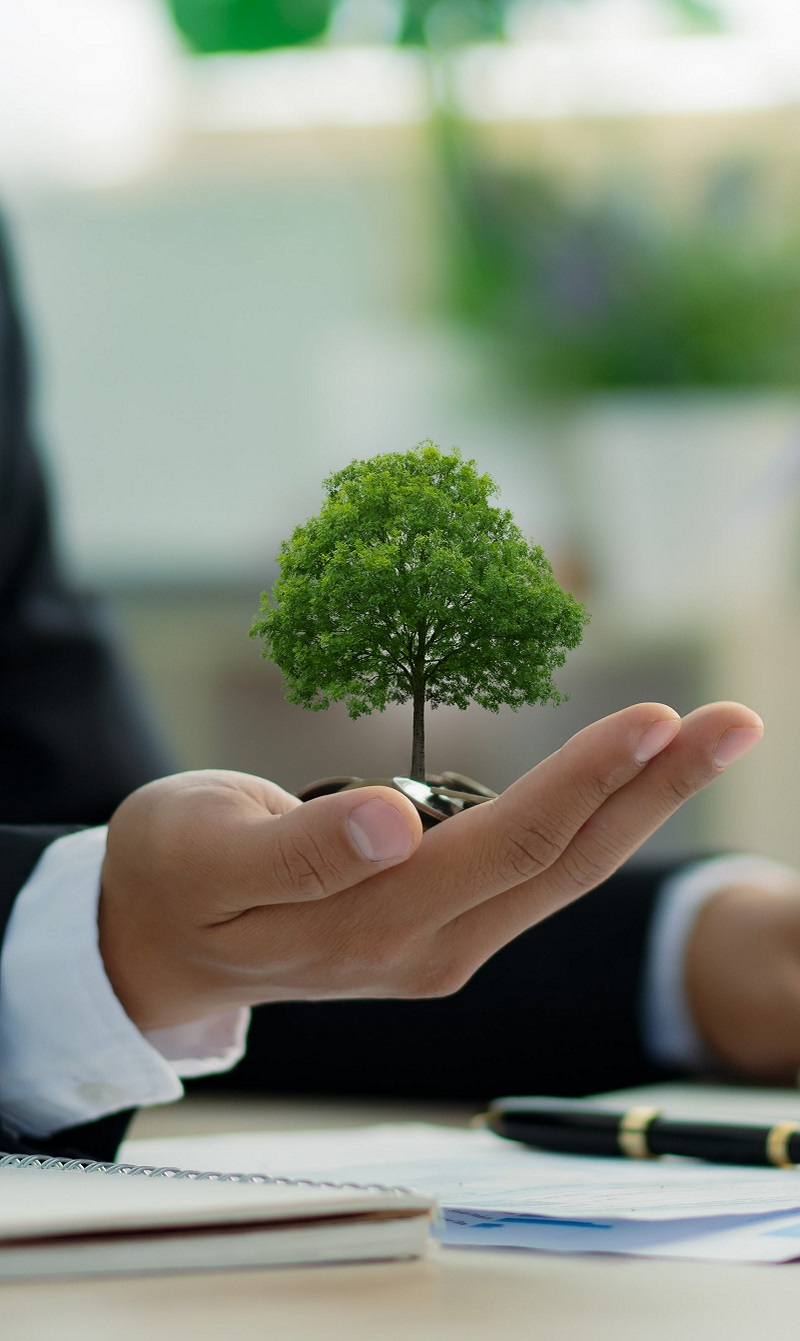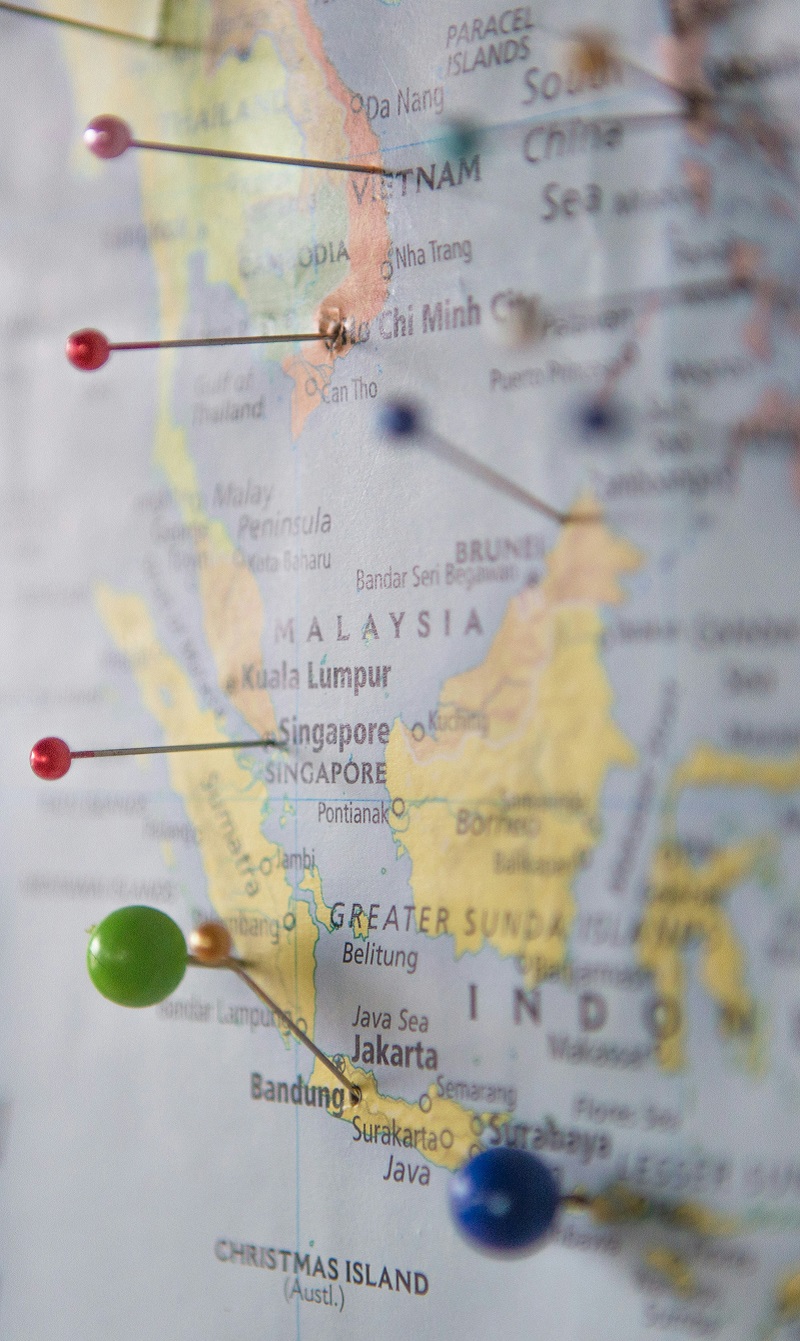Business Resilience
Business sustainability ensures resilience, longevity and steady growth. There are a few ways to build business sustainability but Su Aziz narrows it down to four. This article first appeared in In Focus issue 4 magazine.
This is a fact: 2019 statistics show that most small businesses stay alive until their fourth year and an increasing percentage of more than 50 per cent last five years. Whereas, just a year or two ago statistics show that small businesses fold within three years and more than 70 per cent won’t last five years. The top reason for their lack of longevity is failure to fill market needs or gaps while the second reason is that these businesses run out of money.
While there are many factors that contribute to businesses’ longevity – and this includes consistency in product quality or service, a strong mentor from which to gain advice and a strong business model – there are four things you can narrow down to for staying power and it includes sustainability.
#1: Sustainable Employees
The very core of business is its people. A sustainable set of employees is fundamental. A Forbes article states that, ‘Company sustainability typically looks at its impact on the community locally and globally, but sustainability starts with the people behind the scenes. It unites them to create a better work culture, work-life balance and contributions to customers and the world.’
Keeping an employee’s productivity and enthusiasm toward work may be a challenge but through sharing of information, it helps them to see, and hold onto, the big picture. Recognition and equal pay as well as benefits, of course, help too. Next up, as in the Forbes article, ‘Sustainable performance includes a human element, and its cornerstones are passion and learning. When you unite the two, you have the drive and know-how to make great progress and innovation. Leaders should strive to cultivate both within their work culture.’
#2: Adaptability
Especially today, the age of disruptions, a business survival depends a lot on how flexible it is. The Edward Lowe Foundation, known to champion entrepreneurship, lists adaptable business strategies as an important way to ensure a business’s longevity. It’s not enough to only formulate an annual budget and compile yearly projections, you must know the market and be willing to adapt for your business strategy to succeed.
Adaptability is driven by business strategies that are shaped by how you price your product, employment of staff, attract investors and, of course, the state of the economy. More importantly, stay ahead of the game, be ahead of your competition. Be able to foretell what are the gaps that need filling in your industry or the market.
#3: Intimately Know Your Finances
It’s not enough to just monitor your finances. Projections done a year ago may not necessarily apply during this time of economic uncertainty where consumers’ spending patterns are fickle. When it comes to monitoring your finances, the Edward Lowe Foundation advises to do it monthly, to monitor payroll, keep tract of inventory, go through monthly reports with a fine-tooth comb and know exactly where every dime is going.
These are facts to avoid nasty surprises such as realising at the eleventh hour that there are no more funds and be able to forecast troubles half a year ahead so you can adapt your business strategy or seek financing before it’s needed.
#4: Purpose
Even more than profit, the future of business today, in the twenty-first century, is purpose. Developing sustainability standards and applying it to your product, services and company culture gives a business not only purpose but also a competitive edge. Furthermore, today, many businesses believe that a business strategy applying sustainability creates long-term value and encourages longevity.
A PricewaterhouseCoopers (PwC) 2016 study Putting Purpose to Work, shows that 79 per cent of business leaders surveyed by PwC believe that an organisation’s purpose is key to business success. Perhaps, one of the reasons for this is the increasing importance put upon businesses to acknowledge non-monetary assets such knowledge harnessed as well as groundbreaking ideas.
However, blind purpose yields little to no result. Experts advice purpose for businesses should be globally integrated.
Two More Factors to Consider
Lastly, even though it isn’t counted as fundamental by most studies and reports for the longevity of a business, a succession plan certainly helps with its long-term view. Deloitte’s publication Business Succession Planning, states that, ‘For a business, working without a succession plan can invite disruption, uncertainty, and conflict, and endangers future competitiveness. For companies that are family-owned or controlled, the issue of succession also introduces deeply emotional personal issues and may widen the circle of stakeholders to include non-employee family members.’ What’s more, the publication states that for private, owner-managed, or family-owned businesses, a solid succession plan can drive the growth of the business, reduce taxes, and set the stage for retirement.
Diversify to remain competitive. Diversifying is not only thinking up new products or services with which you can explore different markets, but it’s also a way to widening your existing market reach by adapting your existing product to a different market. For instance, if you produce car tires, snow car tires widen your reach to countries with extreme cold weather. Some of the oldest companies in the world have lasted hundreds of years due to diversification.
Businesses with Staying Power
Kikkoman
– Founded in 1917, it is based in Noda, Japan through a merger of eight family-owned businesses.
– Food manufacturer and restaurant management services.
– Its leading product is soya sauce.
– Today, Kikkoman is being run by seventeeth generation of one of the company’s founding families.
– It has diversified into pharmaceuticals through its subsidiary Biochemifa.
Estée Lauder
– Started in 1946 by Estée Lauder and her husband Joseph Lauder in New York City.
– Beauty products.
– First started with four products: Cleansing Oil, Skin Lotion, Super Rich All-purpose Creme and Creme Pack.
– Today, Estée Lauder Companies Inc. is run by the family’s third generation.
– It has diversified, under Aerin Lauder, into a lifestyle company called Aerin.
BMW AG
– Founded in 1916 and is headquartered in Munich, Bavaria.
– Automobiles, motorcycles and, until 1945, aircraft engines.
– First product was the BMW IIIa aircraft engine.
– Today, the Quandt family are majority long-term shareholders at 46 per cent of BMW.
– It has widened its portfolio and acquired, among others, Rolls Royce as well as Mini.
Lotte Corporation
– Lotte began in 1948 in Tokyo by Japanese-Korean businessman Shin Kyuk-ho.
– It has over 90 businesses including hotel, F&B, retail, electronics and IT.
– First started with selling chewing gum to children in post-war Japan.
– Today, it’s still run by the founder’s extended family.
– The corporation plans to invest more than one-fifth of its 5-year investment budget of USD44 billion, to expand facilities at chemical plants in South Korea, Indonesia and the United States in 2019.
Download In Focus issue 4 magazine for more insights on The Future of Business is Sustainability.
Photo Image by TeroVesalainen from Pixabay.





